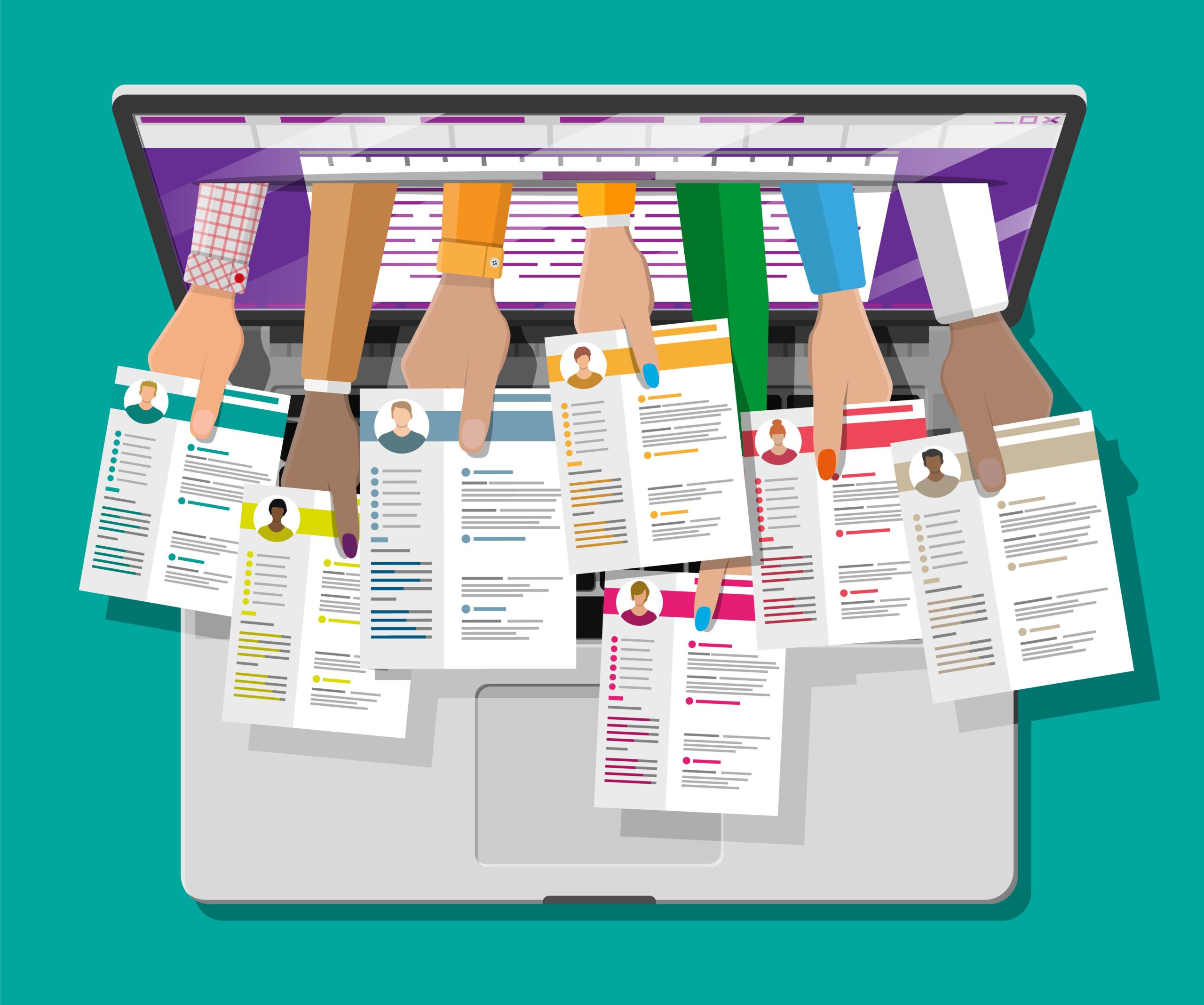
In the ever-evolving world of recruitment, staying ahead of the curve is crucial. Recruitment agencies, in particular, face unique challenges in their quest to find the best talent for their clients. One powerful tool that has become indispensable for modern agencies is a recruiting database. This database serves as the heart of your operations, storing critical candidate and client data, and streamlining your processes. But to truly unlock its potential, you need to consider recruiting database integration – connecting it with other tools to create a seamless, efficient workflow.
The Power of a Recruiting Database
Before we dive into the intricacies of integration, let’s briefly explore why a recruiting database is invaluable for recruitment agencies.
A recruiting database is the nerve center of your agency. It enables you to store candidate resumes, client information, job descriptions, and communication histories in one centralized location. This not only boosts productivity but also enhances the candidate and client experience.
When a new job opening arrives, your recruiting database can swiftly identify potential matches from your pool of candidates, thanks to powerful search and filtering capabilities. Additionally, it allows for easy tracking of candidates throughout the hiring process, ensuring no promising leads fall through the cracks.
However, the real magic happens when you integrate your recruiting database with other essential tools.
Recruiting Database Integration: Which Tools Should You Connect?
Recruiting database integration involves connecting your recruiting database with various tools and systems that your agency uses daily. This integration aims to create a smooth, efficient, and automated workflow. But which tools should you consider connecting to your recruiting database? Let’s explore some essential ones.
1. Applicant Tracking System (ATS):
- Why integrate? An ATS helps manage job applications, screening, and candidate tracking. Integrating it with your recruiting database ensures that candidate information seamlessly flows from one system to another.
- Benefits: Streamline your application process, improve candidate experience, and eliminate data duplication.
2. Customer Relationship Management (CRM) Software:
- Why integrate? CRM systems store client information, communications, and interactions. Integrating your recruiting database with CRM ensures that client data is readily available to your recruiters.
- Benefits: Improve client relationships, track interactions, and enhance sales and marketing efforts.
Read More Blog: 10 Tips for Keeping Your Kids Quiet and Well-Behaved at Restaurants
3. Email and Calendar Software:
- Why integrate? Email and calendar integration allows for syncing of appointments, interviews, and communication records with candidates and clients.
- Benefits: Avoid scheduling conflicts, keep everyone in the loop, and maintain a history of email communications.
4. Job Boards and Social Media Platforms:
- Why integrate? Integrating with job boards and social media platforms enables you to post job openings directly from your recruiting database and receive candidate applications seamlessly.
- Benefits: Widen your candidate pool, reduce manual posting efforts, and track the performance of job listings.
5. Background Screening Services:
- Why integrate? Background checks are a crucial part of the hiring process. Integrating your database with screening services automates the process and ensures compliance.
- Benefits: Faster turnaround times, reduced errors, and enhanced security.
6. Payroll and Accounting Software:
- Why integrate? If your agency handles payroll and invoicing, integrating with accounting software streamlines financial processes.
- Benefits: Faster payment processing, accurate invoicing, and reduced administrative overhead.
7. Reporting and Analytics Tools:
- Why integrate? Reporting tools can provide valuable insights into your agency’s performance. Integrating them with your recruiting database makes data analysis more efficient.
- Benefits: Data-driven decision-making, performance tracking, and improved strategic planning.
8. Mobile Apps:
- Why integrate? Mobile apps allow your recruiters to access candidate and client information on the go, improving responsiveness.
- Benefits: Increased productivity, better communication, and enhanced candidate and client satisfaction.
Conclusion
Recruiting database integration is the key to unlocking the full potential of your recrutment agency. By connecting your database with the right tools and systems, you can streamline processes, improve efficiency, enhance the candidate and client experience, and ultimately, gain a competitive edge in the industry.
As you consider integrating your recruiting database with various tools, remember that the goal is to create a harmonious, automated workflow that empowers your recruiters to focus on what they do best: finding the perfect candidates for your clients. So, take the leap into recruiting database integration, and watch your agency soar to new heights of success in the dynamic world of recruitment.

